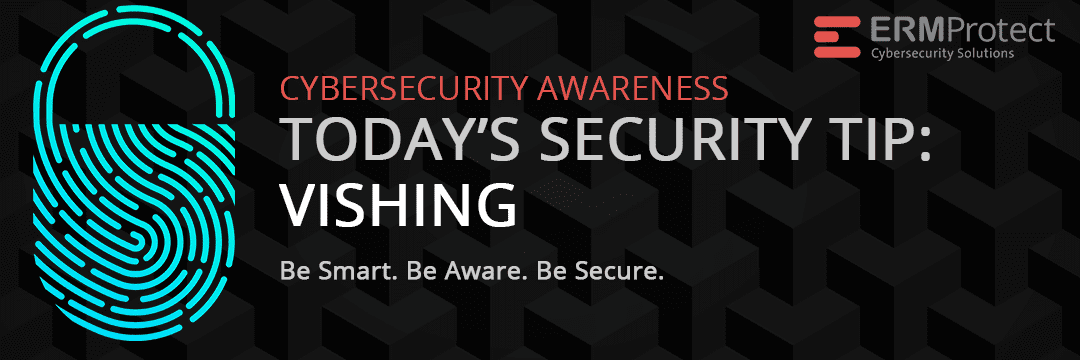Cyber Tip of the Day - Trojans - Cybersecurity Awareness
To help promote Cybersecurity Awareness, we would like to start your week with a tip to stay safe online. Today’s subject: Trojans.
Trojans are a type of malware that pretend to be trustworthy, while they actually contain malicious code. A Trojan would run under the name of legitimate software that you’re unlikely to suspect is up to no good.
Here are some cybersecurity tips to protect yourself:
- Use a good anti-virus solution that has anti-malware and anti-phishing capabilities.
- When it comes to cybersecurity awareness, don’t fall for ads on websites that look like system messages or diagnostics warning you that something is wrong with your computer.
- Be wary of mobile banking Trojans. They look like legitimate banking applications but end up stealing your online banking credentials and misuse them later to steal money from your accounts.
- Make sure you run an anti-virus scan on external storage devices such as CDs, DVDs, and USBs before using them. Never plug unknown CDs or USB drives into your machine, they could contain malware.
Be Smart. Be Aware. Be Secure. ERMProtect.

Get a curated briefing of the week's biggest cyber news every Friday.

Turn your employees into a human firewall with our innovative Security Awareness Training.
Our e-learning modules take the boring out of security training.
Intelligence and Insights

From Compliance to Advantage: Using PCI 4.0 Certification to Boost Business Value
In this comprehensive guide, we explain in simple terms every aspect of complying with the NIST Cybersecurity Framework 2.0 …

5 Major Cybersecurity Risks Banks and Financial Organizations Face
In this article, we outline some of the most common cybersecurity attacks that banks and financial institutions can be vulnerable to …

Follow These 4 Steps to Achieve PCI DSS Certification
For all organizations that process payment cards, the Payment Card Industry Data Security Standard (PCI-DSS) certification is high up the data security and compliance priority list …

